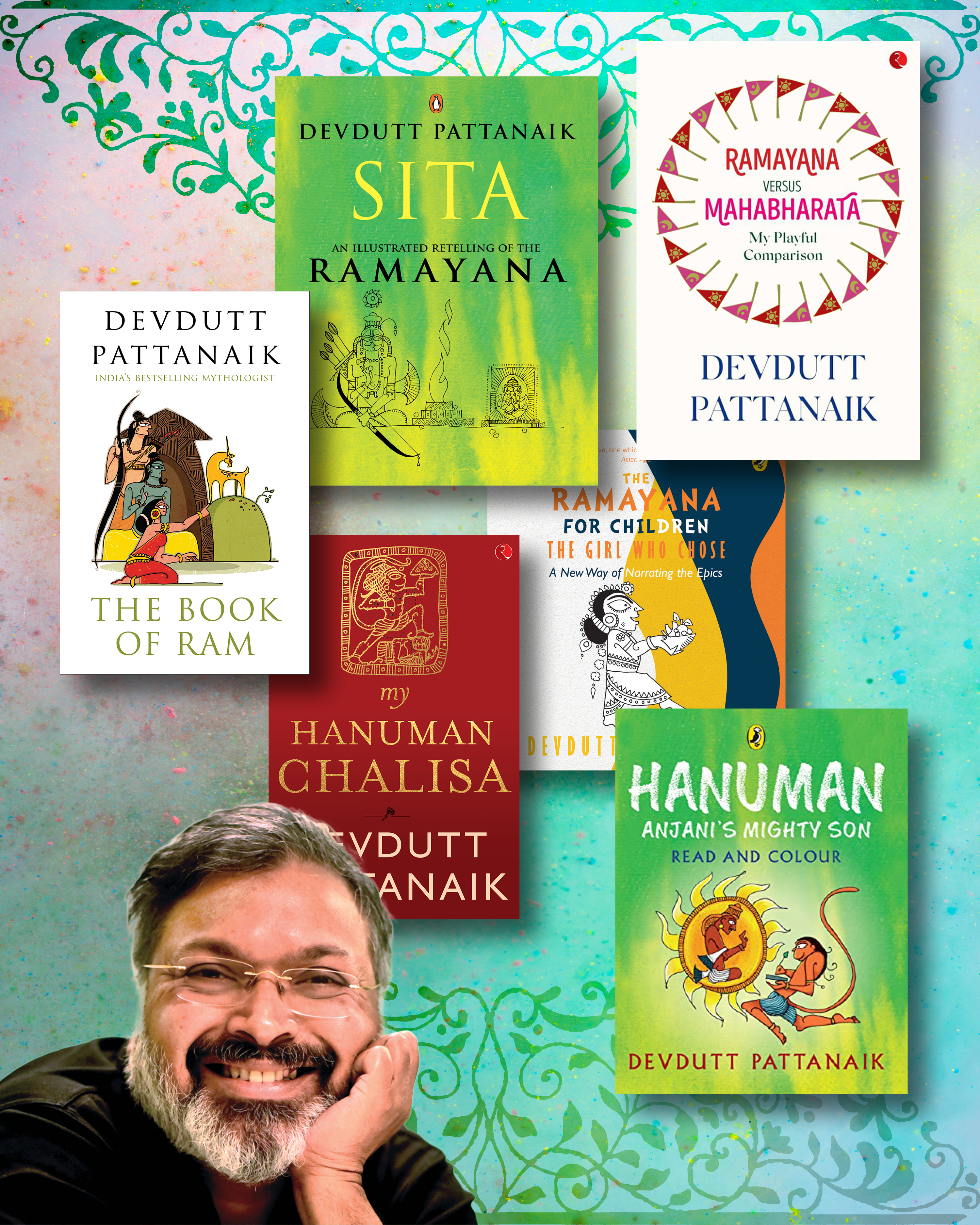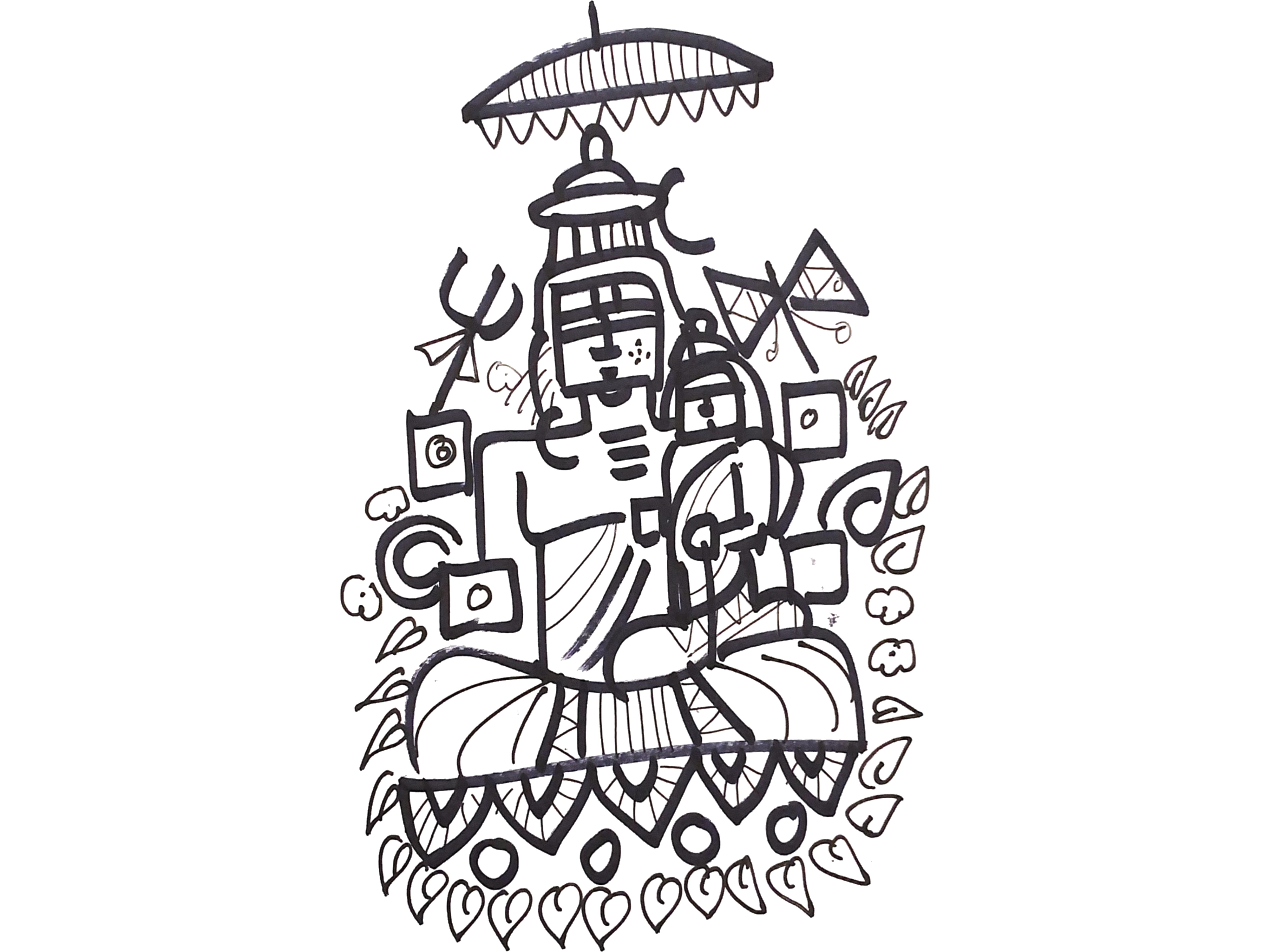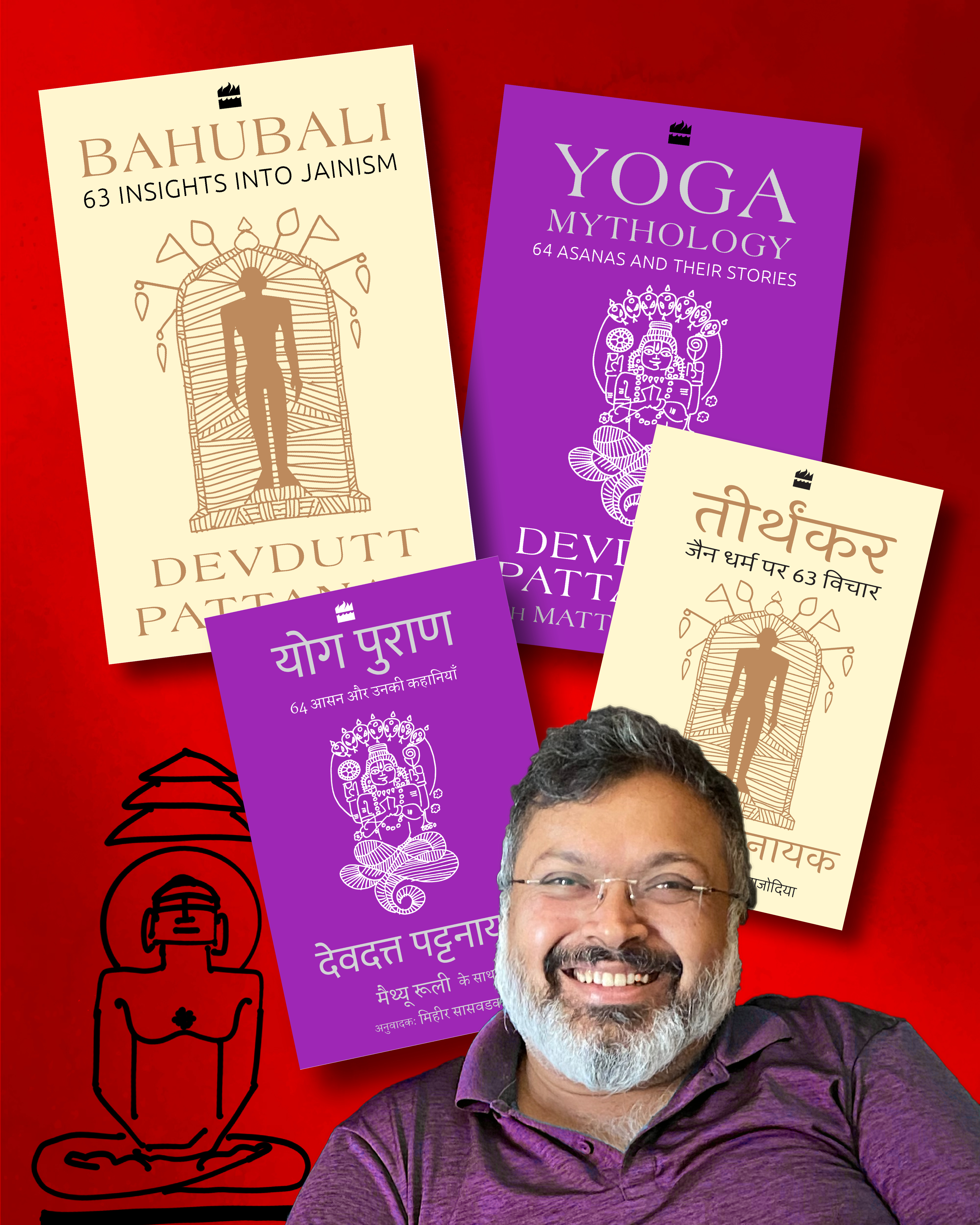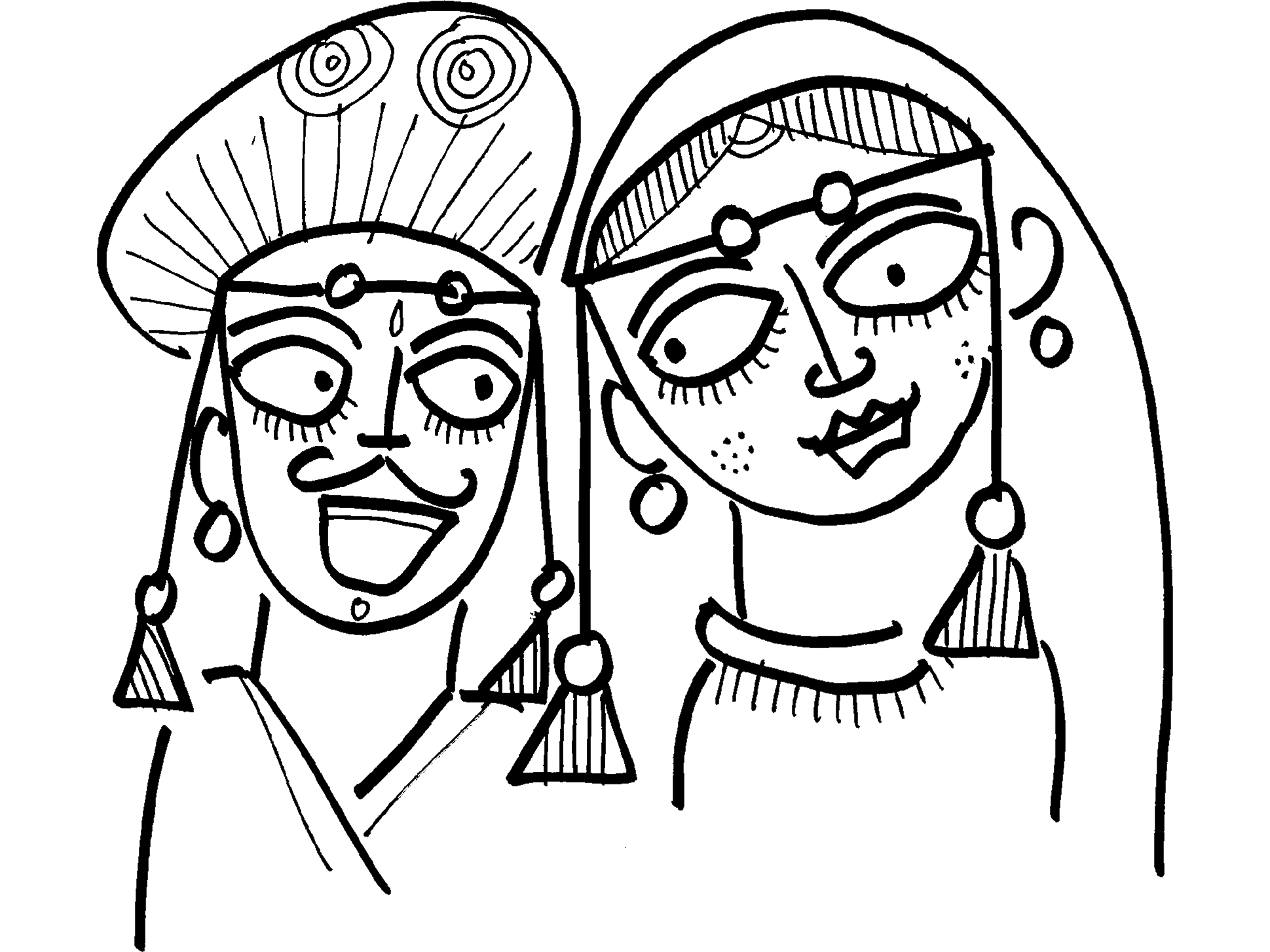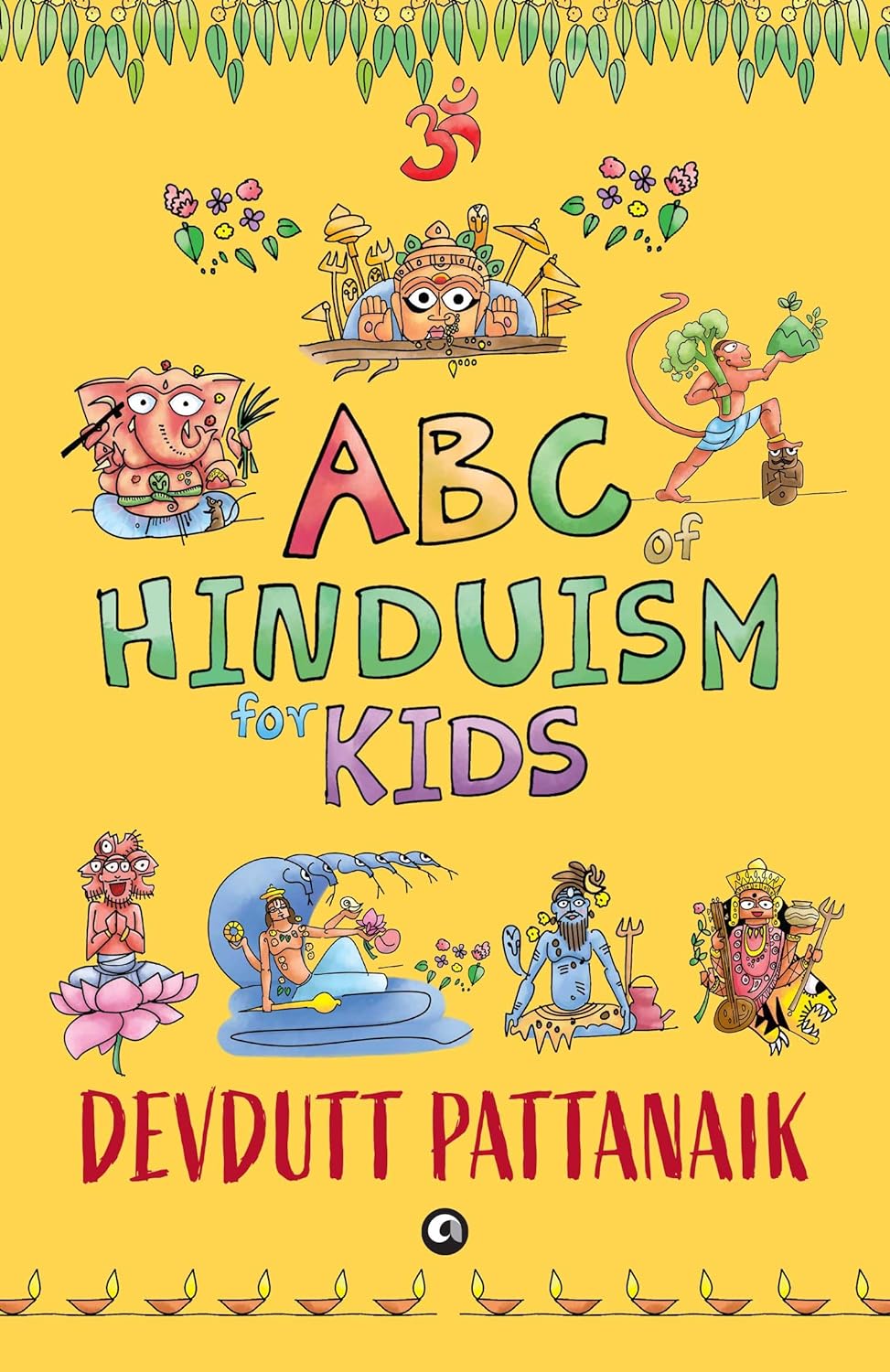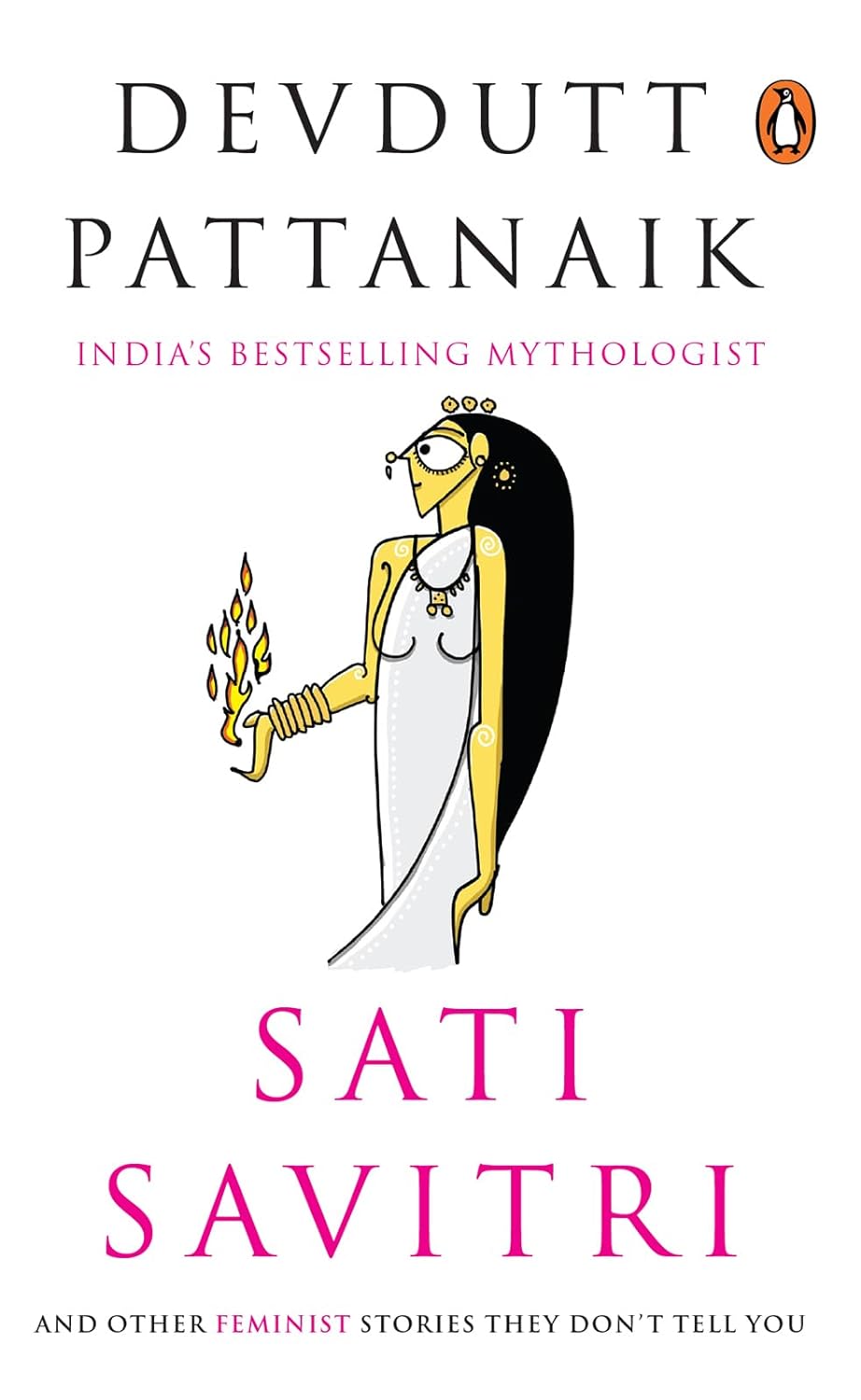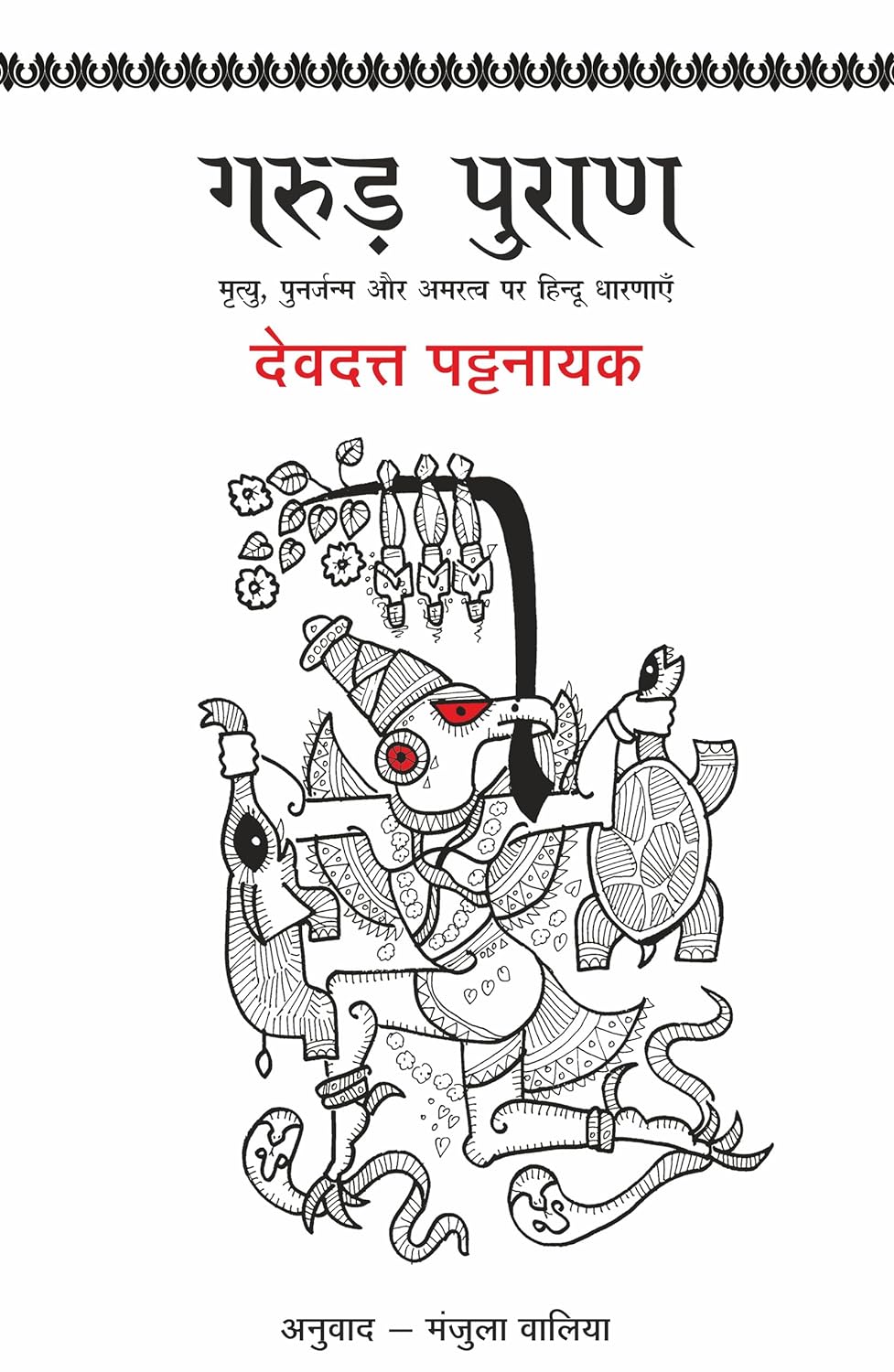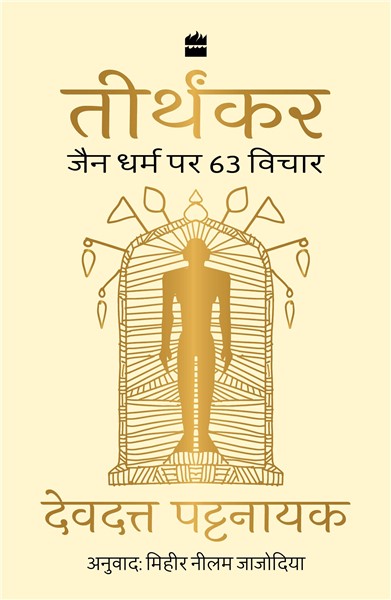Published on 21st January, 2015, on www.dailyo.in .
Myth is subjective truth: your truth and my truth, not the truth. We communicate our truth through stories, symbols and rituals. We inherit them from our ancestors and pass them on to our children.
Mythology is the study of these stories, symbols and rituals and the subjective truth they reveal.
Subjectivity is problematic in a world that values objectivity. We are told the truth is greater than my truth. But who knows the truth? The priest? The scientist? The academician? The journalist? The activist? The writer? Not you or me, but someone else!
We live in a world that has room only for one truth, the truth. Hence we doubt everything we hear and are always arguing. We think argument is good because it leads us to truth. We don’t listen to other people’s truth because we are convinced they are falsehood.
Religious people say the truth comes from the book. Scientist says the truth comes from measurement. Mythology says your truth comes from your own stories. You are Brahma and your stories create your world — your egg, your Brahmanda.
In argument, you try to conquer other Brahmas with your truth. But there is an alternative to vi-vaad. It is sam-vaad, where we listen to your truth and make room for it in our truth. Thus, our truth expands and we know more than we did before a talk. Mythology is about sam-vaad. Science and religion is about vi-vaad. Our world today is plagued by vi-vaad, mental violence through argument and physical violence through warfare.
The power of myth is that it is a game changer. It allows you to enjoy your truth and other people’s truth and move towards greater truth. A world of plural truths which are constantly shifting and expanding. A world where we are sensitive and caring.
In science, only that which can be measured is truth. Matter can be measured not the mind. So physics, chemistry and biology is pure science, while psychology is pseudo-science. Politics and economics may follow scientific principles but most conclusions cannot be measured; they are assumptions based on the subjectivity of the scholar. He projects his myth into his writings. Few people notice that modern society rooted in Western thought is rooted in Western myth.
Science says this is the only life because it cannot measure anything else. Western myth also believes this is the only one life. Thus Western myth is very closely aligned to science. However, science does not bother with truth; it focuses on logic and mathematics and facts, or data. Truth is a religious word; not a scientific one. It comes from Abrahamic myth which speaks of one true God and rejects false gods.
How does one live this one and only life? Science gives no answer. Greek myth says we have to live this life our way. Abrahamic myth disagrees; it says we have to live our life the right way. And what is the right way?
That which is given by God, or determined by the people. Thus Abrahamic myth values the collective over the individual, while Greek myth values the individual over the collective. All activists and liberals think like Greek heroes who challenge the might of the gods and refuse to be contained by them. Likewise, all nationalists, religious folk and corporations think like Abrahamic prophets, forcing the will of God on the people for their own good. The two — Greek and Abrahamic thought — will always argue. That is the Western way. It is not the Indian way.
Before we appreciate the Indian way, let us take a detour and appreciate the Chinese way.
Neither Greek nor Abrahamic myths valued nature. The Chinese did. Taoist Chinese, popular in rural areas, spoke of the individual as part of nature; the point was to be one with nature for the sake of harmony and not impose the individual will upon it. The Taoist sage was challenged by the Confucian myth that spoke of the collective within nature and saw culture as order. Here it was important for the subjects to submit to the king, the young to the elders, the women to the men, the children to the parents. It also valued friendship as the fifth key relationship. Harmony was maintained by the Jade Emperor and the Emperor of the Forbidden city had to simply mimic him ritually for order. There was no need for God in this worldview. Only ancestors. This was practical here and now worldview. It was not interested in Elysium or Promised Land.
Both these, the Western and Chinese mythologies, are different from Indian mythology. Indian mythology speaks of infinity and impermanence. Everything changes. Nothing lasts forever, not even death. This was the mythology of rebirth. In a world where this life is not the only life, death is seen very differently. The gods kill demons but demons are always reborn. Quest for immortality is not about avoiding death, but about recognising continuity despite change. The tension in India thought is between the hermit and the householder, the shramana and the shravaka; should one participate in worldly life or withdraw from it; the pravritti and nivritti marga. Buddha withdraws from society in the prime of his youth, Tirthankara withdraws from society after fulfilling worldly duties, Shiva withdraws from the world but the Goddess brings him back to be a householder. It is all about going to the forest, and then returning. It is the world of action and reaction, of karma, that humans judge as fact and fiction, truth and falsehood, in order to cope with their fear. Nature remains silent and we wonder what is the truth. We seek frameworks to make sense of life and so we land up with myth.
Humans will always fight which myth is better: Greek myth of resistance or Abrahamic myth of compliance; Taoist myth which values nature or Confucian myth which values culture; the Buddhist myth that life is suffering or the Hindu myth that life is ananda. This is timeless (sanatan). As long as there are humans there will be subjectivity and every human will insist his truth is the truth. But if we value mythology, then we will value subjectivity, pay attention to other truths and expand our own truth. This is the power of myth.
Within infinite myths lies the eternal truth
Who sees it all?
Varuna has but a thousand eyes
Indra a hundred
You and I, only two.



